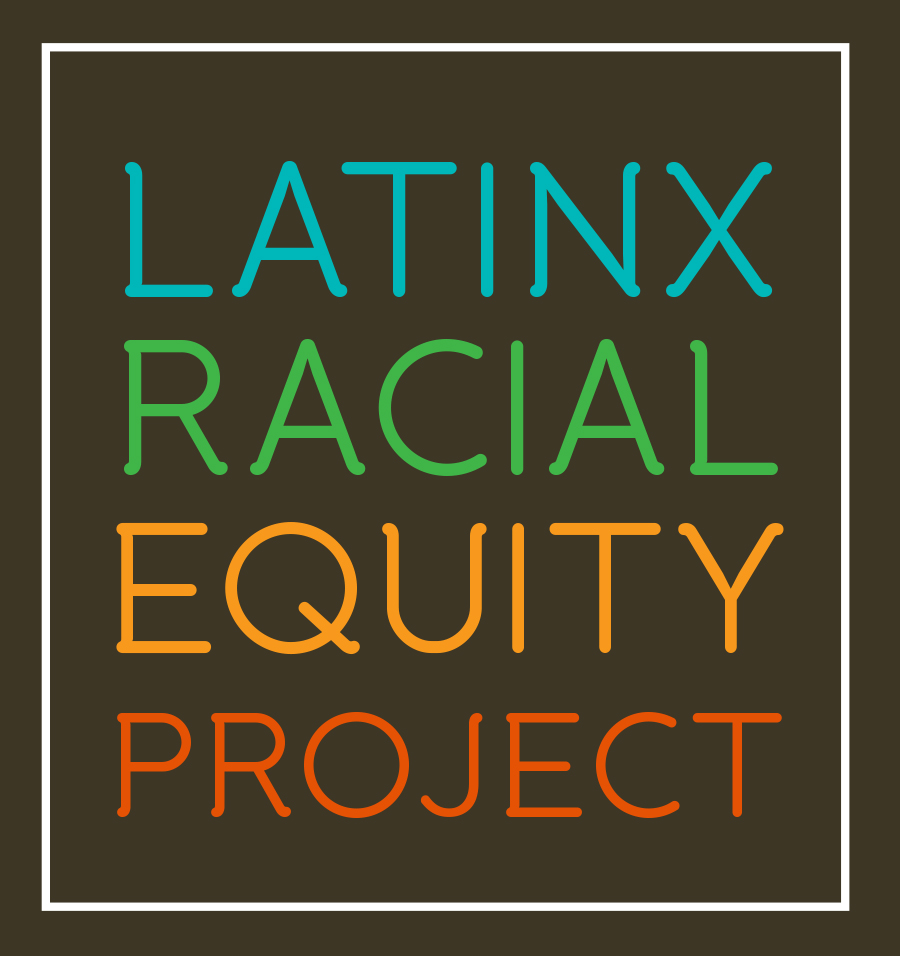In August, our LREP team wanted to experiment with what work could look and feel like when rest is prioritized. Our motto for the month was to slow down. Our desire with this experiment was to feel and to intentionally place rest as part of our organizational momentum. Rest is part of liberatory work (thank you Tricia Hersey). We wanted to have just enough time together to feel and be connected with each other and have time away from the day-to-day grind of work. Rest in this way looked like us having two co-working and connecting spaces for our team to check in, be with each other, and get support on any projects or tasks we were working on for the month of August. That way, if someone needed a response or thought partners, we could count on each other to be present. Outside of these times did not necessarily mean we weren’t working, rather we used July to put things in place so that no one had to work too much outside of our connection space. Then when we transitioned into September, the hope was to not feel like we had a break from each other, but rather that all of August – the rest, the slowing down, the connecting co-working spaces— were all part of our time and liberatory work collectively.
So how did it go?
When we came back in September for our first Staff Meeting, one of our team members grounded us in the space with some questions: Did you engage in the practice of rest in August? If so, what did that allow for? What did it provide? For us, the answer is complex. Yes we participated in rest in some respects, and no, we didn’t participate in others.
In our reflections, physical rest came up. We talked about how creating a sleep ritual helped with more restful and restorative sleep, how being in bed earlier had rested the physical body a little more, and how not having to work so intensely created more time and space to be with some life transitions – to a new school, nursing an ankle injury, raising infants, and grieving.
We also talked a little bit about emotional rest and rest from shame around work and productivity. Many times, we find ourselves with internal chatter or dialogues about our worth and productivity. Capitalism has us working to death, literally, and when we’re not working, the shame of not working, or accomplishing the 50 million tasks in a day has weighed heavy on us. We feel it in our necks, our shoulders, our knees, and our hands. We talked about how prioritizing or organizing our month of August to be more restful and at the very least, slow down, gave our hearts and spirits some rest from beating ourselves down for what wasn’t getting done, or what we still had left to do. And hey, we’ll take that mental break!
We also welcomed one of our team members back in August after being on maternity leave. She shared with us how grateful she was that this was the set up that she transitioned back into work with. To not have to come back to work rushed, feeling behind, in the go-go-go mode, was a beautiful experience.
We also talked about intentions and how some things we did to create more rest in our day were intentional. For example, resting from the typical 9-5 workday. Other areas were a little hard to create intention for. For example, ‘laying my body down for the purpose of rest’ or ‘I will intentionally not give my time or attention to this thing’. While we as a team had a commitment to work together twice during the month of August, one of our team members shared that that shift freed up some time and brain power from work while at the same time made it feel like there was more time for other things, rest not necessarily being at the top of the list.
We shared about how that lands particularly as people who also provide care to loved ones, family members, community, children and elders. When one thing is taken off the plate so to speak, there’s 100 more things to take its place. Which also connected some shares we had that showed us how receiving care and asking for support can offer and create space for more rest. Whether it be care due to an injury, care for loved ones while in grief, or receiving a home cooked meal because you are just too tired to cook, these were some ways that we allowed ourselves to receive love, care and rest from our community.
Lastly, we also shared how in different moments, we found ourselves thinking that we were rested or getting rest but when we remained still, stopped, sat down, either by choice or by circumstance, we realized how unrested we were. And how our bodies were speaking to us loudly to slow down, or be still, or orient here. Some things that emerged were more compassion, less guilt and shame, more energy for our creative projects, a little more courage to turn to the things that can and do support our healing.
Some of the ideas and revelations that bloomed in our reflection shares were that there are many kinds of rest (thank you Saundra Dalton-Smith) and we can feel very different levels of rest at any given time, at the same time. That our bodies are wise and offer us so much knowledge about where we need to orient. That it feels hard to access rest and our social identities shape what rest can look and feel like. Rest is a constantly changing state of being. We are still in the process of thinking about and practicing more what rest can be like knowing the constraints of capitalism and we still deeply commit to this experiment again, and again, and again.





